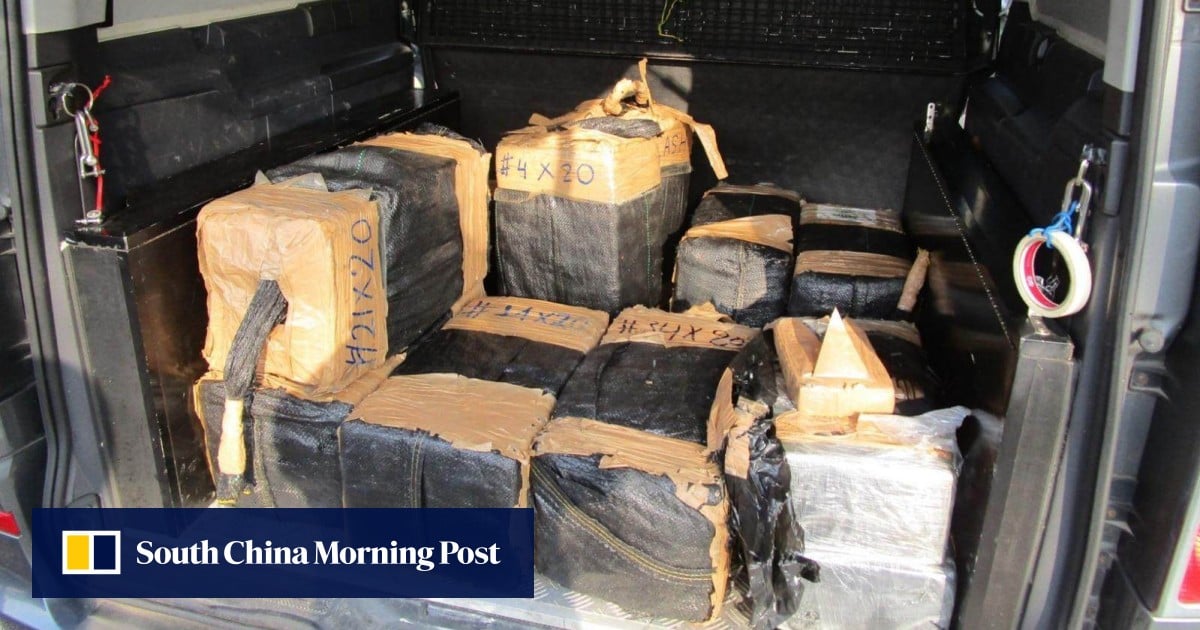Hong Kong lawmakers are calling for the expansion of pilot schemes to identify and support elderly residents living alone or with a spouse in ageing districts, following two recent cases in which skeletal remains were found in public flats in Kwai Tsing.
Some legislators on Thursday highlighted existing gaps in the city’s social safety net for high-risk elderly people, calling on the government to expand the support schemes as soon as possible to cover more residents in need, with priority given to ageing districts.
On Wednesday, the skeletal remains of a 77-year-old woman were found in her home in Shing Yat House in Kwai Shing East Estate – the second such discovery in three months in a public flat in Kwai Tsing district. Investigators reportedly found sales receipts in the flat dating back to November 2023, with none bearing later dates.
In May, police received a report from a Housing Department employee who found the remains of an 83-year-old man in a flat at Shek Lei (I) Estate.
Last month, the Social Welfare Department launched a pilot scheme in Kwun Tong and Sha Tin – the two districts with the highest number of older people – utilising its elderly case data and the Housing Department’s household information to identify older residents living alone or with their spouse, and carers looking after elderly and disabled people, in public housing estates.
The Housing Authority also recently launched a pilot scheme for installing door sensors at elderly residents’ homes in two public housing estates, Wan Hon Estate in Kwun Tong and Sheung Lok Estate in Ho Man Tin. The sensors track door activity, alerting family members if no movement is detected within a specified time frame.


